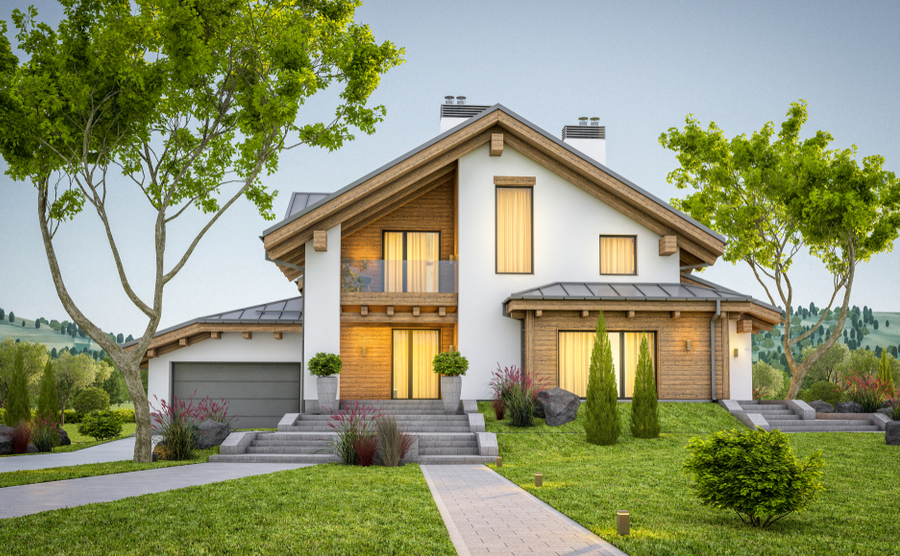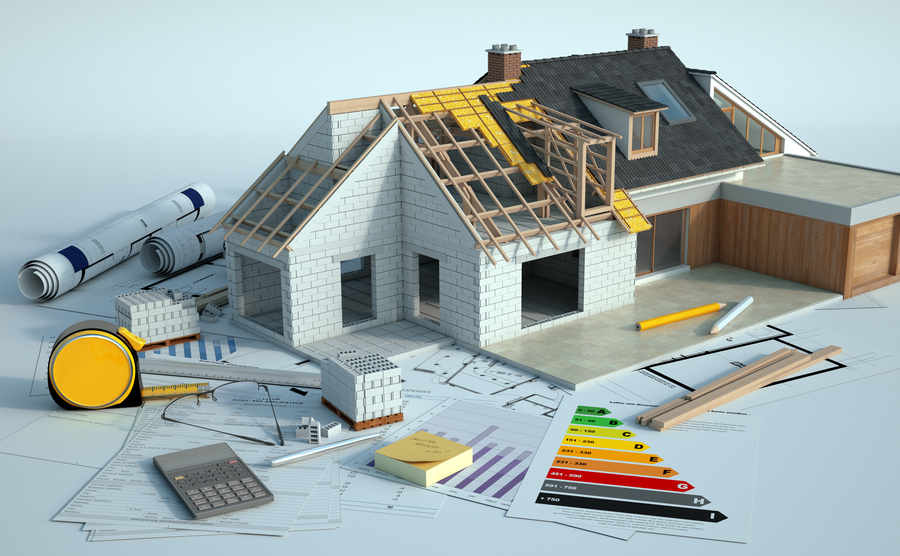Tempted to invest in a brand-new home before it’s even built rather than an older resale property, but not sure it’s the most suitable option for you? Here’s a reminder of the key considerations when buying off-plan property around the world.

Curious about buying an off-plan home?
Personal touch
A big attraction of off-plan, as well as your property being brand new, is it allows you to style your new home’s interior space. Developers will have an ‘off the peg’ finished option but you will have the option to customise the fixtures, fittings and furnishings – there will usually be different furniture packages to choose from. If buying an off-plan villa, there will usually be the flexibility to tweak the interior layout and opt for a pool. While developers are not usually willing to drop advertised purchase prices, they will often negotiate on discounted fixtures, such as air con, or furniture packages.
Efficient and sustainable
The nature of buying new means that your property won’t just look modern and exciting but the materials and quality of construction will be better than older properties. These days most new developments are required to meet sustainable building practices and incorporate energy efficient materials. All of which means your new home will be greener and more efficient!
Investment potential

Unlock the investment potential of an off-plan home.
Choose your project carefully and there is a good chance your off-plan purchase will rise in value. Investing in a unit during the off-plan or ‘pre-launch’ phase increases the likelihood of benefiting from capital appreciation. The first few units released to market are often priced attractively low to entice buyers. Being an early investor also means you have the best choice.
In a buoyant market, once a project in a prime location begins to take shape or is completed, demand typically increases and prices rise – although this is never guaranteed! Plus, sparkly new properties tend to attract higher rental yields than tired, older ones. Be careful buying and selling an off-plan contract before the property is completed, so-called ‘flipping’ – often this is not allowed contractually.
Show homes
Show homes are important for both you, the buyer, and developers, who use it as a selling tool. Often one of the first things to appear on a development site, they’re a useful way of getting a real life feel for the layout, interior space, design and build quality of the properties being offered. Typical show homes feature all available extras and finishes offered by the developer, so have a conversation with them about your preferences and what is achievable within your budget. Equally useful, when you find a project you like, try to visit another project already completed by the same developer.
Payment schemes and timescales
Construction time for off-plan developments varies depending on how advanced things are when you buy, its size and the developer. But anything from 12-24 months is common, while unexpected delays are not uncommon.
The first step in the purchase process is paying a reservation fee, typically €3,000-€6,000, which reserves your chosen unit. Soon after, the sales contract will be signed and the developer will require a deposit, typically 20-30 per cent. After that, the amount and frequency of staged payments varies by developer. Some request a further 30 per cent at an agreed stage of construction, while others might require nothing until completion. Custom built luxury villas will usually require several staged payments. Off-plan transactions usually attract VAT on top of the purchase price, rather than transfer tax levied for a resale.
Buying with a mortgage? Most banks won’t lend on any property until it is completed and fully registered and legal. Which means all deposits and staged payments need to be found by the buyer.
The duration of off-plan purchases makes buyers especially exposed to exchange rate movement. Speak to Smart Currency Exchange about ways to protect your budget and make payments efficiently and safely during the process.
Key safeguards

You can add design touches to make the property perfect for you.
When you buy off-plan, you’re buying a contract rather than the unbuilt physical property! Which means water-tight contracts, safeguards for all payments and due diligence on the developer, build site and planning permits are all essential for a safe conclusion to the transaction. All of these will be taken care of by your independent lawyer, whose job is to protect yours interests and ensure your finished property meets what is stated in the contract.
In the EU, all deposits and upfront/ staged payments must be protected by a bank guarantee produced by the developer and paid via your lawyer into a ring-fenced bank account. This means that if the builder goes bust or breaches the contract, your money is protected.
Bank guarantees should not be issued for a property that does not have the required planning permits. All off-plan contracts should include a completion date with a 30 or 60-day rider, stating the property must be delivered with all final certificates.
Guarantee and snagging
In the European Union it is law for the developer to provide a 10-year structural guarantee. This means your developer is contractually obliged to take care of any structural faults once you have taken possession. Even before that, before you make the final payment to complete the transaction, be sure your property is inspected thoroughly and any defects highlighted and put right by the developer – a process known as snagging. It is not uncommon to hire a professional surveyor, or ‘snagger’, to do this for you.

